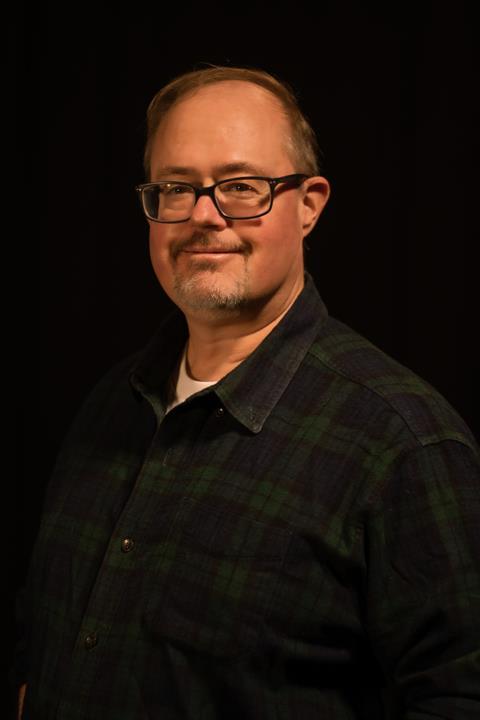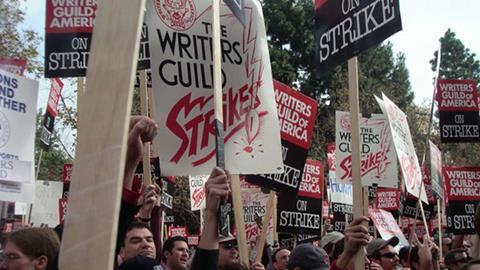AI will bring opportunities to the industry, but it cannot replace human ingenuity
For the first time in months, Hollywood is no longer home to WGA picket lines. And, aside from the ongoing SAG-AFTRA strikes, it seems like the dust has well and truly settled.
But for how long? AI has proliferated across almost every industry imaginable, and I can’t help but think that it could be the focus of the next writers’ strike.
The WGA’s labour contract – recently ratified by 99% of guild members – will undoubtedly improve working conditions in the industry. It guarantees pay raises, the end of TV ‘mini-rooms’, and ensures that writers receive bigger cuts of streaming residuals.

But the AI protections need to be clarified. The contract both prohibits the use of AI “to write and rewrite literary material” and gives writers the free will to use AI in their work. But the WGA should have gone much further – for the sake of what we see on our screens.
AI is trained on huge datasets that cherry-pick the ‘right’ answer to any input, and its output lacks nuance and creativity. AI will never be able to replicate human experience, and talented human writers will always have that over the most sophisticated AI, at least for the foreseeable future.
For the record, I don’t think the TV studios can or should attempt to completely ban all AI writing. Writers can use AI to help them carry out mundane admin tasks, allowing them more time to perform the art they have spent years mastering – writing compelling television scripts.
I do, however, think that writers need better protection from AI. The pay raises in the new WGA labour contract are a huge win for the writers, but it doesn’t go far enough to safeguard their future. After all, in ten years, the programmer of an AI programme like ChatGPT could be opening their pay packet instead.
Sure, AI can create gimmicks. The deepfakes of Tom Cruise, Wes Anderson-inspired remake of Star Wars, and aged pictures of David Beckham are all novelties that elicit a little chuckle. But that’s the point. AI can only create those novelties – or, at a stretch, simplistic screenplays.
As a screenwriter, AI hasn’t given me the ‘wow factor’ I’ve had when reading scripts by genuinely talented writers. Good scriptwriting contains curve balls that twist a plot in surprising ways; these unpredictable moments keep a show or film exciting to their audiences – and prove why AI’s content output is largely bland.
Teddy Daniels in Shutter Island, Tyler Durden in Fight Club, and Professor Snape in Harry Potter. All of these shocking reveals created a buzz in pop culture – and took millions of people by surprise. I’m not sure AI could come up with a comparable twist – and, if it did, it would probably be derivative.
AI is not the answer to TV’s problems. In the years of peak TV, viewers have been inundated with too much choice and burdened with the unnecessary cost of multiple subscriptions. TV is in dire need of a shake-up – and creating high-quality productions should become the absolute priority. Relying on AI would only exacerbate the problem and cause a ‘Dark Age’ for TV.
AI will create a culture in TV and film development where it is acceptable to cut corners. While it would make productions more efficient from start to finish, AI would also lower the quality of TV shows even further. Viewership could plummet, and the bottom line of the industry could drop.
It’s fantastic the WGA strikes have come to an end. TV has been dormant for too long and we’ve been itching for new, original content. But, while the strikes are still in the spotlight, studios, streamers, and writers’ guilds need to decide what the future of the industry will look like.
I’m confident that AI will bring a lot of opportunities for the TV industry over the next ten years. But our writers need reassurance that studios won’t substitute them with AI to cut costs. Until AI can with the same unpredictability and personality as our flesh-and-bone writers, the TV industry should be mandated to protect us.
- Paul Epstein is a producer and director









1 Readers' comment